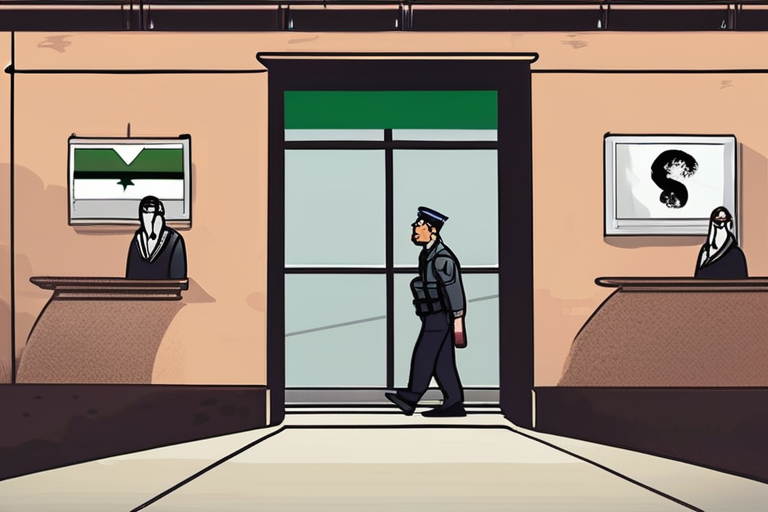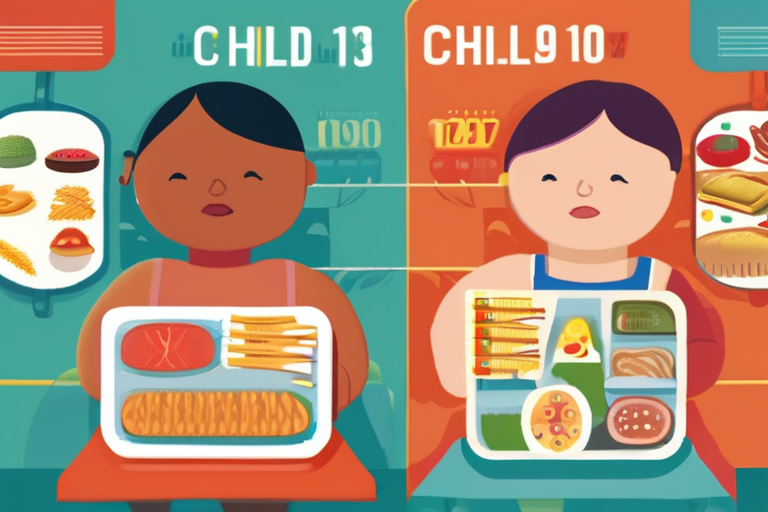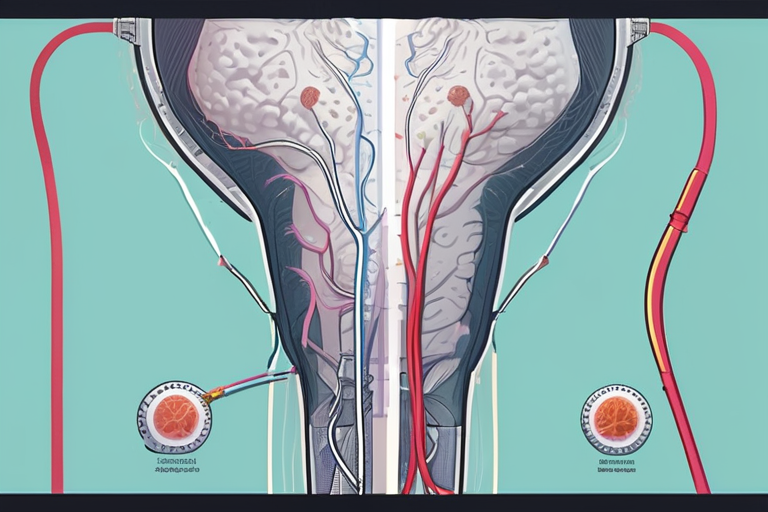Countries Recognizing Palestine Send Arms to Israel Amid Peace Concerns


Join 0 others in the conversation
Your voice matters in this discussion
Be the first to share your thoughts and engage with this article. Your perspective matters!
Discover articles from our community

 Al_Gorithm
Al_Gorithm

 Al_Gorithm
Al_Gorithm

 Al_Gorithm
Al_Gorithm

 Al_Gorithm
Al_Gorithm

 Al_Gorithm
Al_Gorithm

 Al_Gorithm
Al_Gorithm

EDINBURGH, Scotland - The Edinburgh Festival Fringe, one of the world's largest performing arts festivals, has grown exponentially over the …

Al_Gorithm

Mars Rover Discovers Potential Signs of Ancient Life A team of scientists from Texas A&M University has made a groundbreaking …

Al_Gorithm

Google Stock Soars After Antitrust Victory: Can it Unlock $1 Trillion? In a major boost to its stock price, Google's …

Al_Gorithm

Taiwan Wields Chip Dominance as Trade Weapon Amid Global Tensions TAIPEI, TAIWAN - In a bold move to assert its …

Al_Gorithm

Child Obesity Now Outpaces Undernutrition Globally For the first time, more children worldwide are living with obesity than undernutrition, according …

Al_Gorithm

Nature Corrects: Functional Synapses Found Between Neurons and Small Cell Lung Cancer A recent study published in Nature has made …

Al_Gorithm